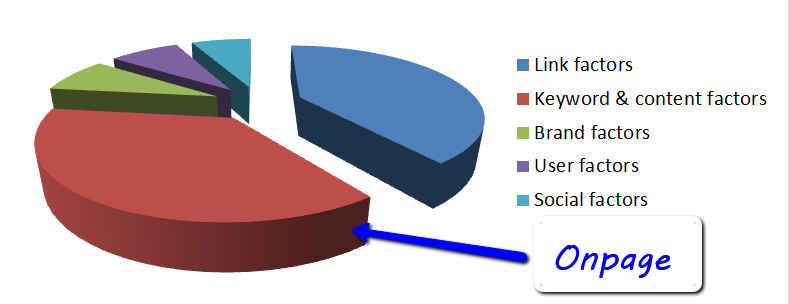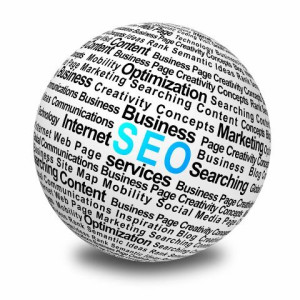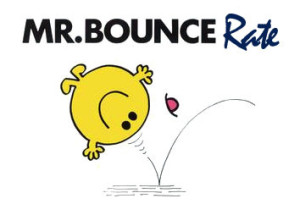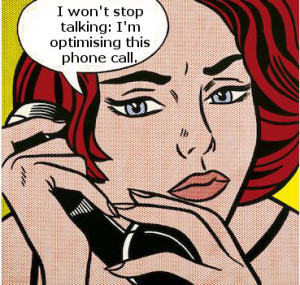Onpage SEO services in Brighton
 Website optimisation begins at home!
Website optimisation begins at home!
- Do you need to add some muscle to your onpage SEO?
- You can find keyword research, technical SEO, content analysis and content creation right here.
I’m a Brighton-based SEO expert with more than 15 years online marketing experience. I combine copywriting skills with in-depth SEO knowledge for the perfect blend of search know-how.
Check out what my clients say about me.
Other services available to complement your onpage optimisation include:
Friendly advice and insightful comments are free with every enquiry so get in touch or read on for some helpful onpage tips.
What is onpage SEO?
The onpage SEO arsenal consists of a number of tactics that help you to improve your site visibility by making changes to your website itself.
What sort of things might they be?
Well, they could be adding or changing your content, reviewing your keyword strategy, altering aspects of your site’s code, optimising the images you use or finding ways to improve the speed your pages are served.
Is onpage SEO still important?
It’s true that offpage factors such as links are massively important, but onpage elements make an essential contribution to your site’s search visibility. (Indeed there are even some who claim that onpage is becoming more important rather than less).
If you like you can think about onpage SEO as the firm foundation on which you build your dream rankings on.
Or, rather more prosaically, you can note that the top SEO experts still reckon onpage factors account for about 40% of the Google algorithm.
Ignore onpage at your peril.

Source: Moz
What can you do for my site?
 A number of factors can affect your onpage performance: I will help you identify and pick the low hanging fruits whilst working on those harder to immediately reach.
A number of factors can affect your onpage performance: I will help you identify and pick the low hanging fruits whilst working on those harder to immediately reach.
To give you an idea I’ve identified some areas to consider below. And there’s plenty of really useful tips to get your onpage SEO ball rolling too!
It’s important to remember that onpage optimisation is very much a process, rather than a one-off piece of work, but here are some of its core elements:
- Researching your keywords
- Auditing your site for SEO opportunities and issues
- Copywriting and content development
Want to get on track with onpage? Give me a call today to discuss your optimisation options.
Here are seven strategic starters for onpage optimisation
- URHell or URL?
Heavenly URLs are short and keyword rich: keep them under 125 characters. The first five words carry the most weight with Google so be careful how your URLs are created.
As search engines become more sophisticated the importance of URLs as a ranking factor has diminished, so don’t sweat about them too much but don’t ignore them either
Find more useful advice about URLs
- Be upfront with your titles
Your meta title is probably the most important onpage factor after the content itself.
You have just 50 characters at best here, so don’t waste time calling your home page ‘Home’. Place your target keyword phrase first and worry about the rest later.
Find more useful advice about titles
- It’s not all about you
It’s your site so you don’t want to send the traffic you have battled to win elsewhere, right?
Not really.
Outbound links can win you friends and followers if they are useful. So use them and remember they may prove useful to you too.
How?
Outbound links to authoritative, relevant, related pages help Google decide exactly what your page is about. They anchor its meaning and strengthen its perceived relevance and ranking for a topic.
Find more useful advice about outbound links
- Make your keywords key
Your keyword counts not by its word count but by its strategic use.
Get it in the title, include it in a heading and make sure it appears in the first 150 words of your content.
Now ease back and use it sparingly.
Ensure the content remains on topic, use synonyms and words related to it – which you will be doing anyway if you stay on topic – and, above all, make what you write useful to your audience.
Job done.
Find a visual guide to keywords and onpage optimisation
- Get up to speed
 Factors such as bounce rate (when visitors visit only one page on your site before leaving), visit time and number of page views all count towards your ranking.
Factors such as bounce rate (when visitors visit only one page on your site before leaving), visit time and number of page views all count towards your ranking.
Anything that indicates a poor user experience makes a negative contribution to how Google rates your site and the relevancy of its pages.
The same is true of the seed your site’s pages load: if it is anything over four seconds you need to quickly address it.
Find Google’s site speed test and recommendations
- Stay in for the long run
Time and time again studies have shown that longer content ranks consistently higher than short content. What’s more it is also much more likely to be shared on social media.
Why?
My guess is that, on the social side, as much as we love to circulate amusing pictures of cats we also like to share things that go into enough depth to actually mean something.
For search, Google has made it clear that it wants to rank things that are genuinely useful: and something with substance is, more often than not, exactly that.
So forget those 300 word posts and pages and write something epic.
How long is long?
Do yourself a favour and go for 2000 words plus, not on every page but on the pages that literally count.
See seven studies that agree long is strong

- Enrich your site
It’s not all about words.
Media rich sites that feature striking images, engaging videos and instructive diagrams can reduce your bounce rate and increase the time visitors spend on your site. Both of these factors are critical signals that Google uses to judge your relevancy and importance.
In addition pages that go the extra mile will accrue those extra links: making things media rich can really start to show you the money.
Find out more about SEO and media rich content
Is that it?
Of course there is a lot more to be said about onpage SEO.
Want to talk about improving your rankings?
Let’s do it.